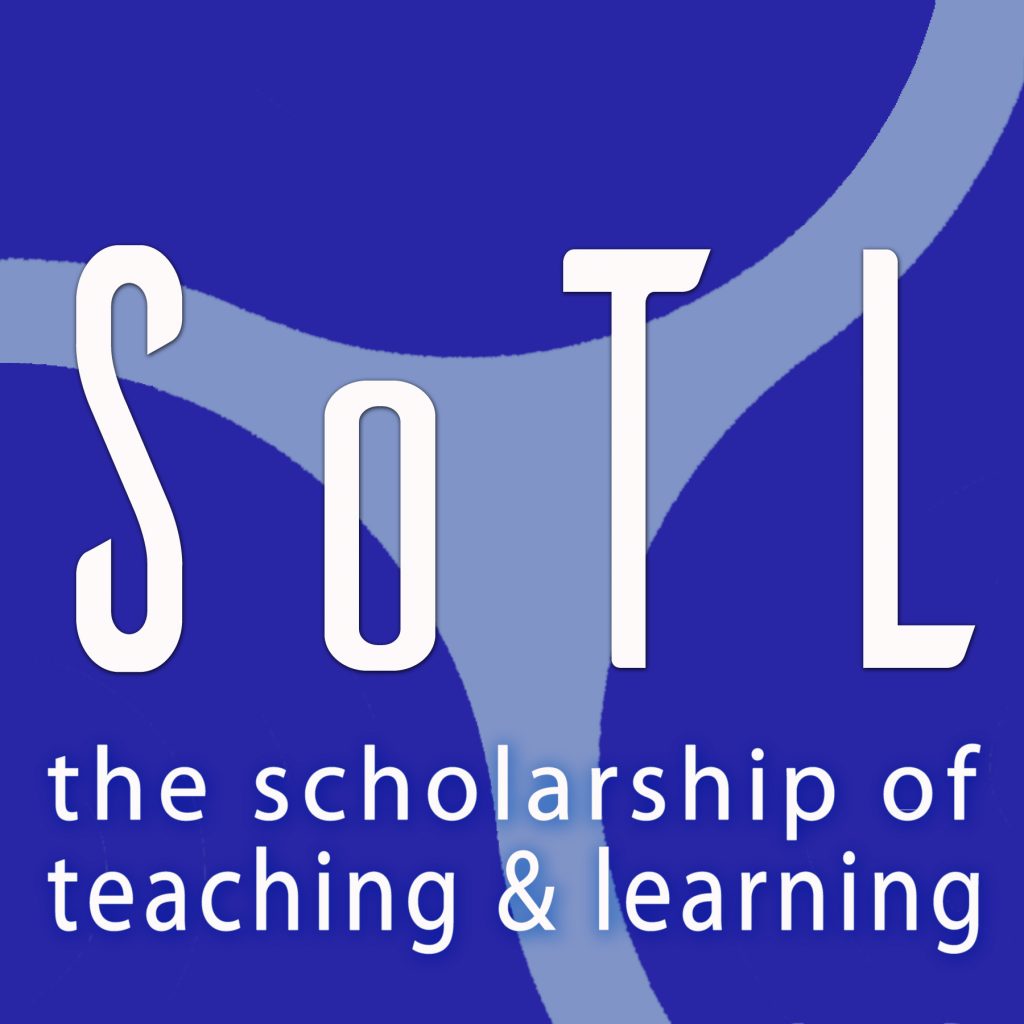by Anne Stone
Associate Professor of Communication, Rollins College
I recently attended the Scholarship of Teaching and Learning (SoTL) Commons Conference and was struck by the overlap I saw between common practices in SoTL and our strategic priority around community engagement as well as our faculty conversations about promotion and tenure guidelines and how research on pedagogy fits (or doesn’t) within departmental criteria. This was perhaps particularly salient to me because of my preparation for the upcoming Ashoka U Exchange 2019, “Beyond Boundaries and Borders” where Josie Balzac from the Department of Social Entrepreneurship, Dan Chong from the Department of Political Science, Sarah Parsloe from the Department of Communication, and I will showcase some of our work focused on ways to make the classroom a collaborative catalyst. Our Ashoka presentation will highlight (1) ways to incorporate a networked approach to linking community partners, making the classroom a hub for connective capacity and collective action, (2) the opportunities found in cross-course collaboration for achieving larger changemaking goals, (3) a collaborative service learning and community engagement model where the community partner and faculty act in partnership, avoiding a paternalistic approach, and (4) the mission of global citizenship emphasized in the Rollins mission and the idea of “glocal”: “thinking global and acting local” to address social issues. I found myself wondering, is this SoTL?
During the SoTL Commons Conference I attended a talk given by Trent Maurer from Georgia Southern University titled What “counts” as SoTL? It depends on how you count! His talk honestly left me with more questions than answers which was perhaps his intention. Elon University’s Center for Engaged Learning defines SoTL in the following words:
Definitions like this, and many others, were highlighted in Dr. Maurer’s presentation. Further, as Bishop-Clark and Dietz-Uhler (2012) noted in their book Engaging in the Scholarship of Teaching and Learning: A Guide to the Process, and How to Develop a Project from Start to Finish:The Scholarship of Teaching of Learning (SoTL) involves faculty (sometimes in partnership with students) undertaking systematic inquiry about student learning – informed by prior scholarship on teaching and learning – and going public with the results.
SoTL differs from scholarly and reflective teaching in that it not only involves questioning one’s teaching or a teaching strategy, but also formally gathering and exploring evidence, researching the literature, refining and testing practices, and finally going public. The purpose of SoTL is not just to make an impact on student learning, but through formal, peer-reviewed communication, to contribute to the larger knowledge base on teaching and learning.
What was most obvious to me as I left the SoTL Commons Conference last month and as I’ve engaged in conversations with my colleagues about community engagement, assessment, and research is that what I’m working on for Ashoka U and what I’ve presented at disciplinary conferences in the past could be SoTL, however, this project doesn’t fit the criteria because it didn’t involve the “formal gathering and exploring evidence” described by Bishop-Clark and Dietz-Uhler (2012) and evidenced in our own Endeavor Foundation Center for Faculty Development Nancy Chick’s (2018) book SoTL in Action: Illuminating Critical Moments of Practice. I’ve thus far lacked the type of purposeful engagement with my teaching as research that SoTL requires. I’ve certainly engaged in the type of deep reflection that all good teachers at Rollins engage in, participated in book clubs where we can consider and test new strategies in the classroom, and even presented some of what has worked and some of what has not worked at disciplinary and community engagement focused conferences. However, moving forward, I’m thinking about ways to develop a SoTL mindset.
For me, a SoTL mindset will allow me to do better about planning the data collection process. Too often after a course has finished I think about student artifacts that would be interesting points of data to reflect on and analyze systematically. This type of reflection after the class is certainly useful, but comes too late if the goal is to engage in SoTL. I need to plan for this type of data collection and analysis which will require developing a thoughtful research question, considering what methods of data collection will be most appropriate considering my question, and then completing the IRB process. What would follow is the opportunity to analyze and share findings based on thoughtful data collection at conferences like SoTL Commons or the October 2019 International Society for the Scholarship of Teaching and Learning (ISSOTL) conference, which will focus on engaged practices for social change. For me, and for several of our colleagues who also attended SoTL Commons last month, the ISSOTL conference might provide a great link between our changemaking work, community engaged teaching, and commitment to scholarship.

